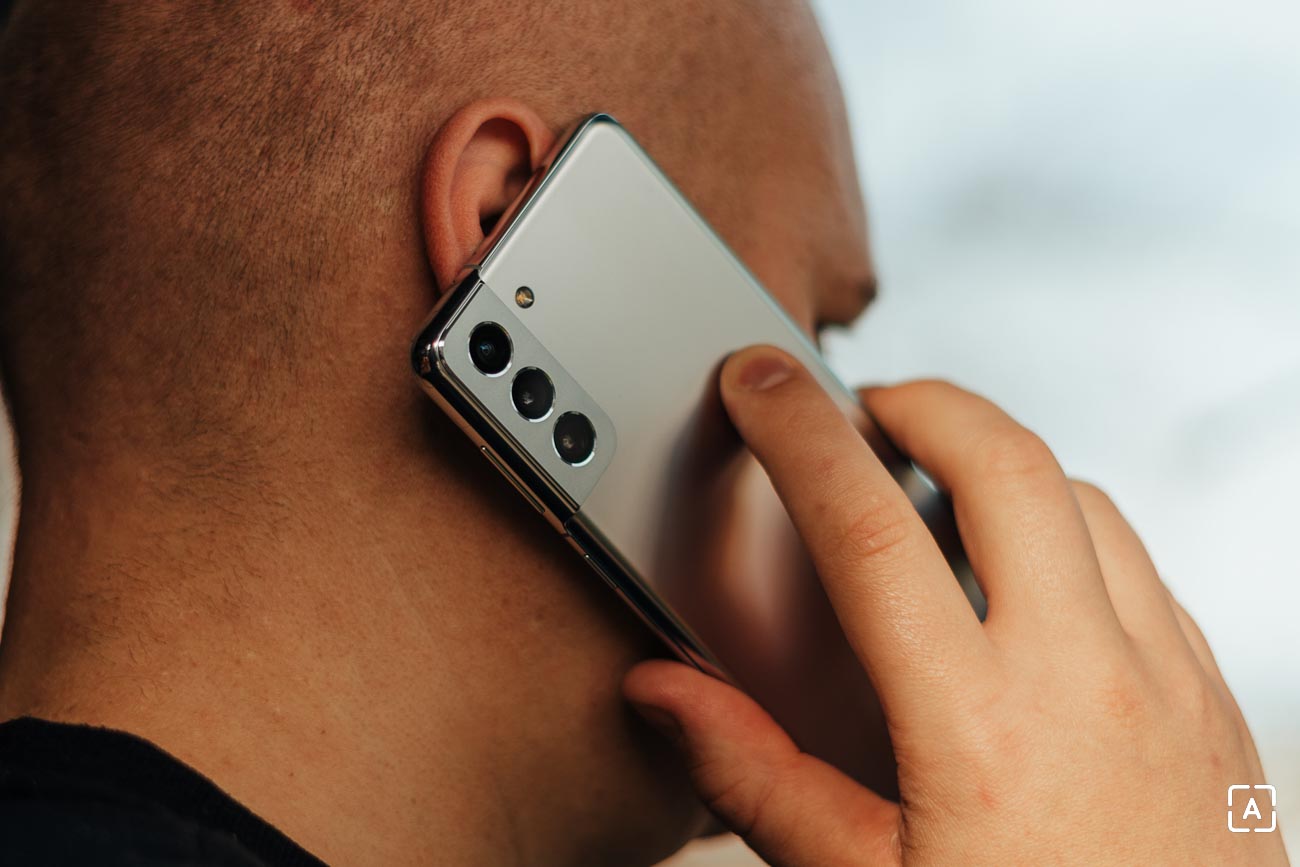The time spent in front of the screens is not harmful for children, according to a new study
Quite common and common thinking is that the longer children play on different mobile platforms, the worse for their healthy development. Is it even possible to refute this accepted view?
Time is not decisive
New data, which are processed in the form of a scientific study, were brought by the magazine PLos ONE. His main thesis is that it is not decisive how long the child spends in front of the screen in terms of the direct harmfulness of the time spent in this way. The published work has already provoked a response in many countries, not only in the USA, where it was actually created.
If it is believed that the time spent in front of the screen is not harmful to children, you are attracting attention to such a statement. However, scientists do not make a single conclusion, although it is important for many. They add to the fact that in the monitored problematic cases of children, other circumstances were added to the time in front of the smartphone, such as a relationship with parents or friends. And together they subsequently generated mental problems in some of the monitored children.
The study looked at the behavior of 12,000 children between the ages of nine and ten, across all areas of the United States. There are many data that map children’s behavior and especially the time they spend on their mobile devices. Australian work on children and their tablets, laptops, game consoles, TVs and smartphones has shown that one child owns on average 3.3 devices. And the time he devotes to his devices is on average 3-4 hours a day. The main concerns that are described and associated with time on screen are, in particular, depression, anxiety, loss of normal social interaction or reduced quality of sleep.
The American study, through a questionnaire aimed at parents and children themselves, focused on finding a direct link between time spent on mobile devices and performance at school, sleep patterns, relationships with friends and parents themselves, and children’s mental health.
Looking at the screen doesn’t have to be bad. Other factors are also important
As a result of comparing and analyzing the data, it was found that looking at the tablet screen alone, for example 4 hours a day, is not a direct path to mental disorders. or school problems. However, there is some doubt about the interconnection of data.
For example, the quality of sleep was not measured digitally through various sleep applications, but only by the parents’ statement that the child sleeps well at night. On the other hand, the relationship between the quality of school results and frequent viewing of mobile screens could be evaluated thanks to the marks. And here are the mentioned other factors, relationships in the family, with friends and the like. They enter normal life and extract only the time in front of the screen and attribute to it a deterioration in school results, simply was not possible. In an American study, parents reported four or more hours as the maximum time a child spends daily in front of screens.
The study did not address the quality of the time spent, whether it is devoted to productive work and preparation for school or entertainment. However, this is an aspect that can play an important role in assessing the impact of facilities on a child’s development. In any case, common beliefs about how long before a tablet or phone harms do not go away, one or more scientific papers are unlikely to change that. It may be to the detriment of not perceiving the difference between what the child is using the tablet, phone or television for. The involvement of these devices in the educational process is already in full swing today and this aspect should not be perceived as a waste of time or as a negative impact on the development of children.
Our tip
Facebook works on its own smart watch. They will have a cutout for the camera



